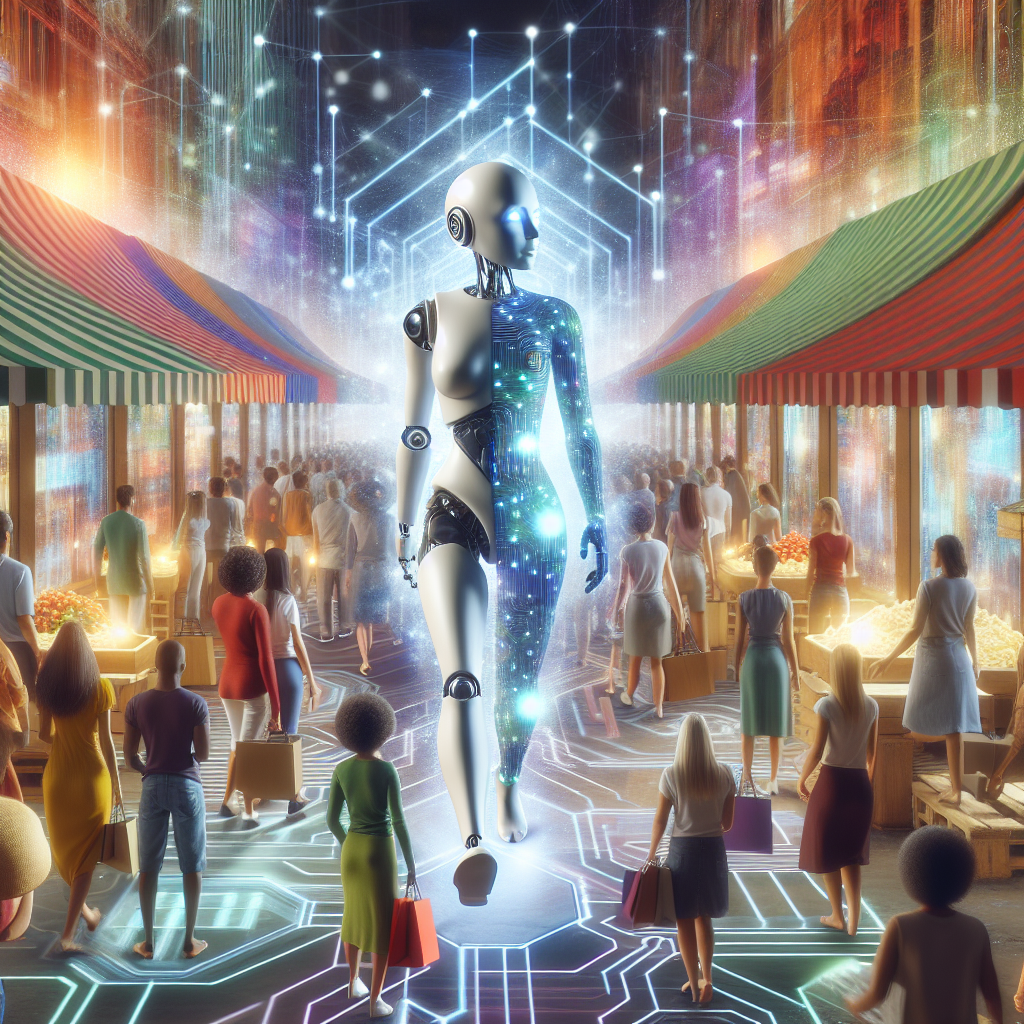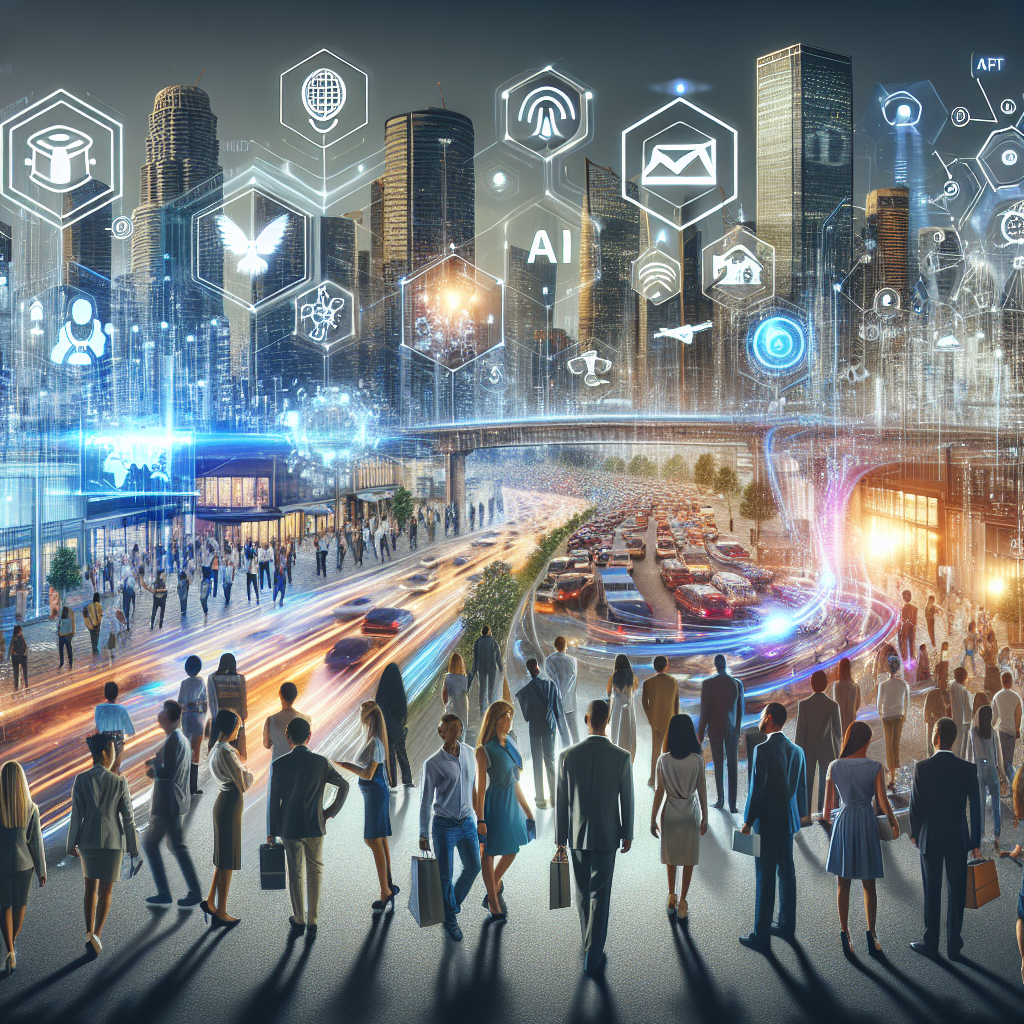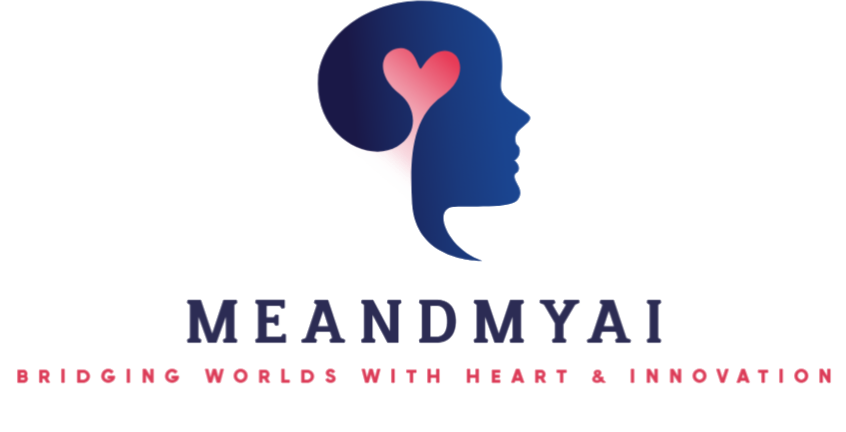The Fear and Potential of AI
In today’s rapidly evolving technology landscape, AI has become a topic of contention and intrigue. Many people express fears that AI might result in job losses or even pose a threat to humanity with exaggerated scenarios of robots taking over. The parallel to technology hesitance can be drawn from history, such as when electricity was first introduced and met with suspicion due to superstitious beliefs. While there’s a clear uncertainty surrounding AI today, its influence on various sectors is undeniable, prompting both caution and enthusiasm in equal measure.
AI’s Impact on Art and Culture
Artificial Intelligence has already begun reshaping creativity and art. Although critics argue that AI might diminish the value of human-created art, history shows that new mediums often face initial rejection. As society adapts, both generative and traditional forms of art may coexist, catering to diverse preferences. This echoes past societal trends where innovations such as canvas art and electronica initially faced skepticism. As AI becomes more mainstream, society will likely continue this pattern of adaptation, eventually creating new norms around art and music.

AI and Miscommunication—The Deepfake Dilemma
AI technologies like deepfakes have sparked concerns about authenticity and misinformation. Already, individuals have found themselves featured in videos or audio clips—designed to sound eerily real—that they did not consent to or participate in. To combat this challenge, technologies like blockchain could provide a way to verify the provenance and authenticity of content. As AI-generated content becomes more prevalent, society will need to lean on technology that can discern truth from fabrication more than ever before.
AI Versus Human Creativity in the Music Industry
The music industry stands at the cusp of transformation as AI tools make it easier for virtually anyone to create music. While traditional musicians—masters of instruments or vocal talent—may feel threatened, there is room for both AI-assisted compositions and human musicianship. Historically, elements like autotune or digital sound production have been similarly disruptive yet have found their own space within the industry. AI may even empower individuals with creative ideas but limited technical skill to produce new, innovative music.
Consumer Perceptions of AI
Perceptions of AI among consumers vary widely, from excitement about its potential utilities to fear of its implications. Notably, younger generations are already leaning towards AI for everyday tasks, such as using AI-driven tools over traditional search engines. As AI becomes more embedded in daily life, its ultimate acceptance and trust will depend on its perceived benefits versus ethical considerations and societal impacts.
A Cautious Approach for Brands
Brands face a complex decision-making process when it comes to integrating AI. While some companies have drawn firm lines about what AI will be used for—aiming to balance innovation with ethical considerations—others are taking a more wait-and-see approach. The potential of AI to personalize and tailor content for consumers is immense, but it also introduces challenges related to copyright and intellectual property. As companies explore AI, careful navigation through regulations and ethical concerns is critical.
The Future of Social Dynamics in an AI World
In the context of social interactions, AI and algorithms play significant roles in content distribution, echoing the fragmentation of media consumption. As personalized content becomes more refined, it could lead to isolated experiences, challenging societal cohesion. Despite these concerns, there is hope for a net positive outcome if society cultivates an attitude of openness and curiosity, fostering connectivity amidst growing digital fragmentation.

Navigating AI in Marketing
The marketing sector is among those most visibly affected by AI advancements. Thanks to algorithms, brands can target diverse audiences with tailored content, though the ethical boundaries of AI in advertising are still being charted. As brands slowly adopt AI capabilities, careful monitoring and understanding of technological impacts on both consumer behavior and business practices will be vital. The coming years will reveal how deeply AI will integrate into various facets of marketing strategies. In conclusion, AI’s impact across industries presents both opportunities and challenges. As society continues to engage with and adapt to AI, the key lies in harnessing its potential while addressing ethical considerations and fostering inclusivity in technology and art.
FierceAI~ https://frcl.ink/newfierceai
Warm Regards,
Miriam

Stay Fierce!

